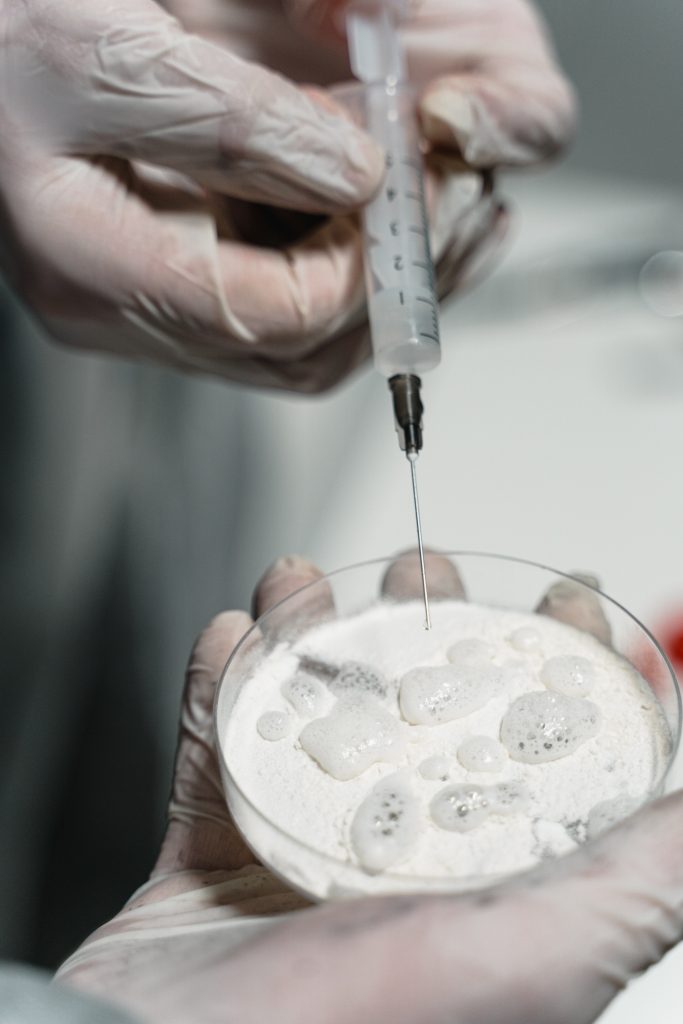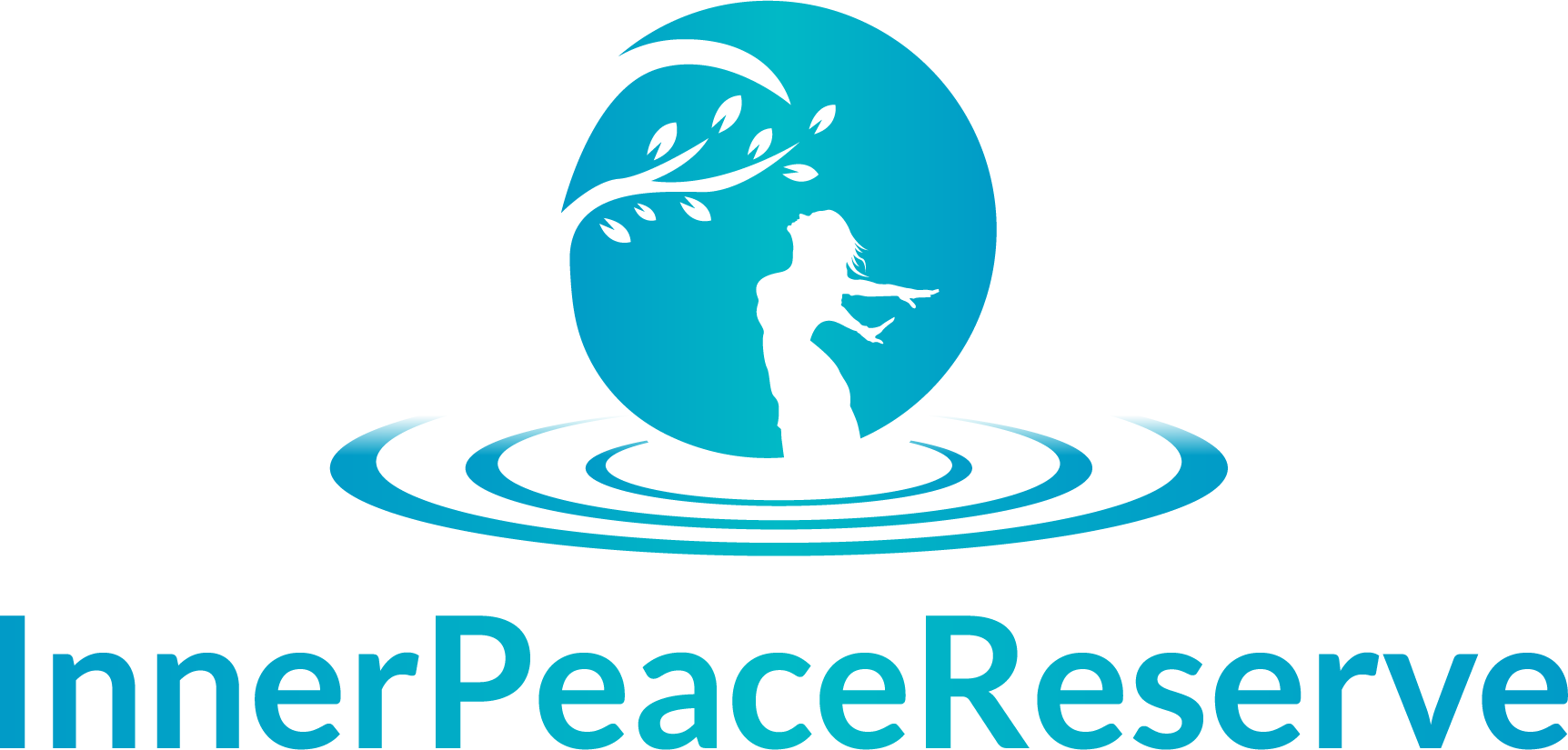Cocaine Addiction
it can and it will be treated
What is Cocaine Addiction?
Cocaine is the 2nd most illegally trafficked drug in the world.
Cocaine, an addictive stimulant, and recreational drug are made from the leaves of a South American cocoa plant.
Cocaine started out being used in tonics and elixirs. It could be purchased without restriction into the early 1900s until it was banned by the Narcotic Drugs Import and Export Act of 1922.
The danger increases when cocaine is used in combination with alcohol or other drugs. The greatest risk exists when cocaine is laced with something else, such as fentanyl, which can lead to overdose and death.
According to the Centers for Disease Control and Prevention (CDC), deaths from cocaine use increased by 52.4%, driven by illegally manufactured fentanyl between 2015 and 2016.
Effects of Cocaine inside the body

There are both short and long-term medical, psychiatric and psychosocial consequences associated with using cocaine.
Cocaine use is said to cause feelings of euphoria and intense pleasure. Having said that, repeated use may alter brain structure and function.
Cocaine overdose can result in heart attack, stroke, or seizure, any of which can prove fatal.
The National Institute on Drug Abuse explains that cocaine interacts in the brain just like any other positive stimulation, such as sex or eating.
Cocaine activates the reward center of the brain. It confuses the communication between dopamine – the happy hormone – and the brain synapses.
Normally, dopamine is used to transmit a message of pleasure or reward between cell neurons, and then that dopamine is recycled.
Cocaine prevents dopamine from being recycled and causes an excess build-up that feels like euphoria.
Unfortunately, when cocaine rewrites this natural process of the brain, it can have long-term negative effects.
Another way cocaine affects the brain is that it reduces the effectiveness of the orbitofrontal cortex – a part of the brain in charge of decision making.
Signs and symptoms of cocaine addiction
Cocaine is a social drug. It’s easy to feel like your usage is normal if you are surrounded by people who are also addicted to it.
Cocaine addiction is present when a person experiences frequent and intense cravings.
Because of the different ways cocaine can be ingested, there are a variety of symptoms that could indicate cocaine use and abuse.
If you know someone who may be addicted to cocaine or if you are unable to stop using cocaine, please take the first step and ask for help.
A confidential call with one of our staff members can arm you with information. Let us help you understand your treatment options.
- Being overly talkative
- Burn scars on hands or lips
- Changes in sleeping patterns
- Changes in eating habits
- Poor hygiene
- Dilated pupils
- Mood swings
- Wakefulness
- Excitability
- Increased need for privacy
- Irritability
- Loss of interest in things or people that once brought joy
- Nosebleed
- Overconfidence
- Paranoia
- Runny nose
- Social isolation
- Weight loss
- White powder residue around mouth or nose
how to seek help?
More cocaine is being laced with other drugs. Using infrequently does not protect you from falling victim to this potent combination and overdosing.
People who truly care about you and your well-being will not encourage you to continue using cocaine.
If nobody in your life thinks you should stop using cocaine, this doesn’t mean you have no problem with cocaine; it may only indicate that you have a problem with friends.
A medical professional or addiction expert can help you determine your level of cocaine addiction and can lay out all the possible steps toward sobriety.
The simplest way to find out the extent of your cocaine addiction and to understand the treatment options is to contact Inner Peace Reserve today.
